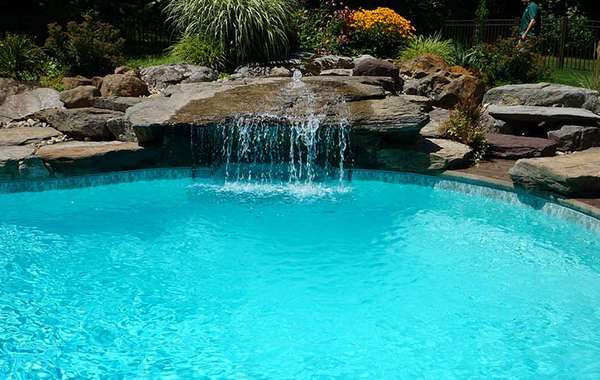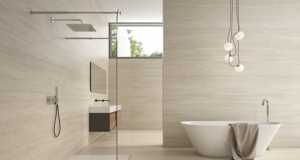

Natural swimming pools, also known as living pools or swimming ponds, are a type of pool that uses biological filtration to clean and maintain the water instead of chemicals. This makes them a more environmentally friendly option than traditional chlorine pools. Natural pools are also becoming increasingly popular due to their aesthetic appeal, as they can be designed to look like a natural pond or lake.
Benefits of Natural Swimming Pools
There are many benefits to choosing a natural swimming pool over a traditional chlorine pool. Some of the most notable advantages include:
- Environmental friendliness: Natural pools do not use harsh chemicals to clean the water, which means that they are better for the environment.
- Health benefits: Swimming in natural pool water is considered to be healthier for your skin and eyes than swimming in chlorinated water.
- Aesthetic appeal: Natural pools can be designed to look like a natural pond or lake, which can add beauty and value to your property.
- Lower maintenance: Once a natural pool is established, it requires less maintenance than a traditional chlorine pool.
How Natural Swimming Pools Work
Natural swimming pools work by using a combination of biological filtration and mechanical filtration to clean and maintain the water. The biological filtration system is typically made up of a series of gravel beds and plants that help to remove impurities from the water. The mechanical filtration system may include a skimmer and a pump to remove debris and circulate the water.
Designing a Natural Swimming Pool
There are a few things to consider when designing a natural swimming pool. The first is the size and shape of the pool. The pool should be large enough to accommodate your needs, but not so large that it is difficult to maintain. The shape of the pool can be any you like, but it is important to make sure that it is deep enough for swimming.
The next thing to consider is the location of the pool. The pool should be located in a sunny spot that is well-drained. It is also important to make sure that the pool is not located too close to trees or other vegetation, as this can make it difficult to keep the pool clean.
Finally, you will need to decide what type of filtration system you want to use. There are a few different types of filtration systems available, so it is important to choose one that is right for your needs.
Maintaining a Natural Swimming Pool
Once you have installed your natural swimming pool, it is important to maintain it properly. This includes regularly cleaning the pool, testing the water quality, and making sure that the filtration system is working properly. With proper maintenance, your natural swimming pool should provide you with years of enjoyment.
Conclusion
Natural swimming pools are a great alternative to traditional chlorine pools. They are environmentally friendly, aesthetically pleasing, and relatively low maintenance. If you are looking for a way to enjoy the outdoors and swim in healthy, clean water, then a natural swimming pool is the perfect solution for you.


